About Us
Advertise With Us
RSS Feed | Content Syndication
Terms & Conditions
Privacy Policy
Contact Us
BollywoodShaadis.com © 2026, Red Hot Web Gems (I) Pvt Ltd, All Rights Reserved.
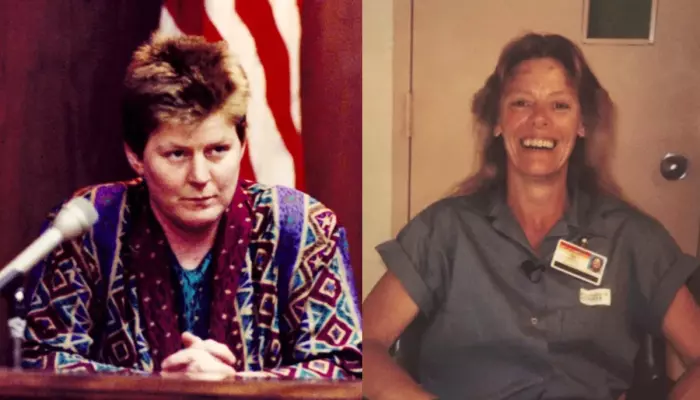
Even the most notorious ‘monsters’ have someone who sees the broken human beneath the darkness. And for Aileen Wuornos, it was Tyria Moore, the one person she called the love of her life. Before she became a household name as the 'first female serial killer', she and Moore shared a bond that was the closest thing to love Aileen had ever experienced.
Netflix’s latest addition to the true-crime world, Aileen: Queen of the Serial Killers, released October 30, 2025, reopens the dark case of America’s most infamous female serial killer, whose cold smile and chillingly casual confessions could make even the bravest viewers shudder. While she might have been a middle-aged man’s worst nightmare, behind that cold-blooded assailant was a woman who craved love and stability- terms that she never truly knew or believed she deserved.

Aileen and Tyria’s relationship — a mix of poverty, passion, and desperation — would become the hauntingly human core of one of America’s most infamous true-crime stories. Here’s a closer look at the woman who loved a killer.
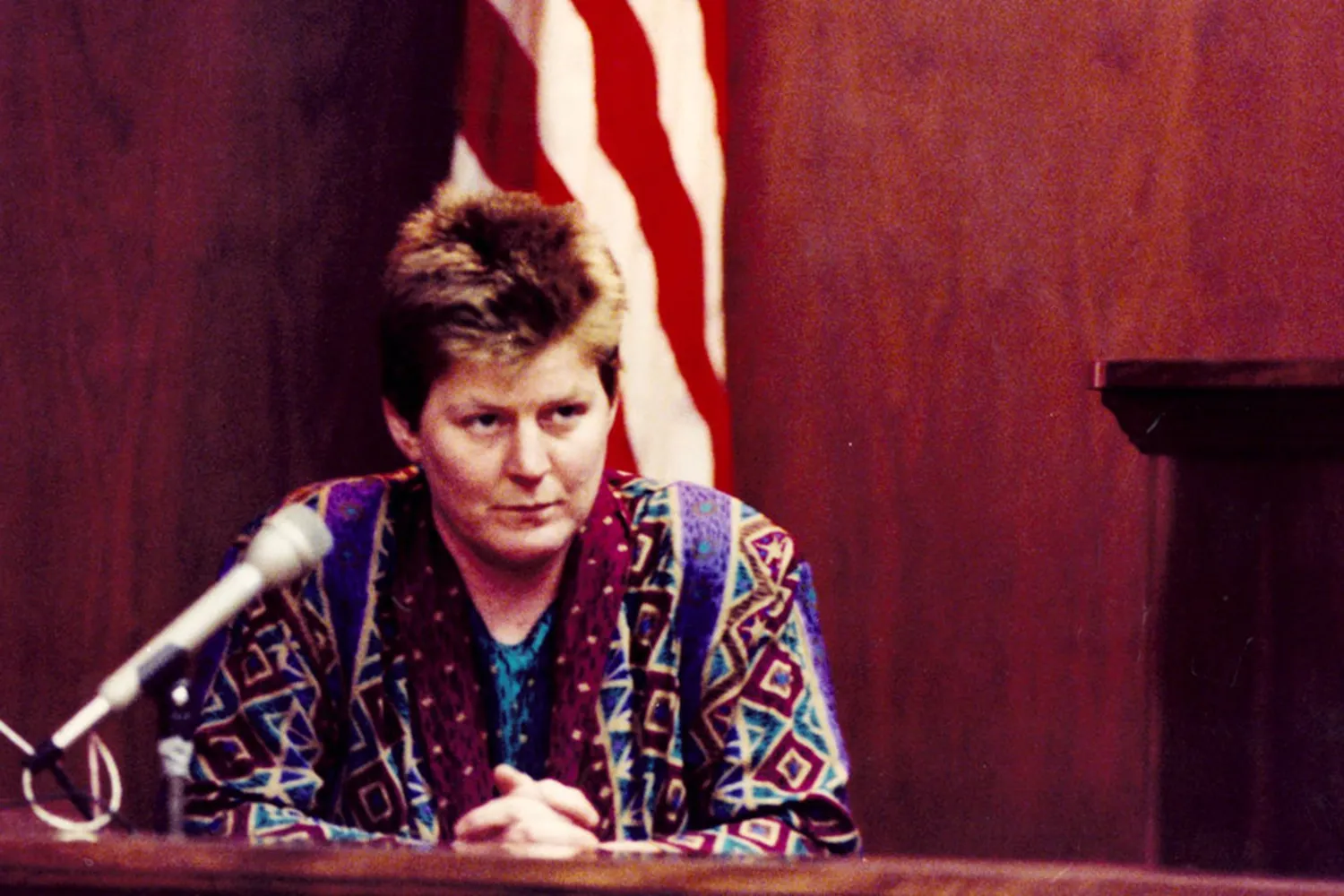
Aileen Wuornos had only known violence in her early years. Her father, a convicted child molester, ended his life in prison, and her mother abandoned her with her grandparents when she was only six months old. In the decade that she spent with her grandparents, she became a victim of relentless physical torture and sexual abuse. After running out of her grandfather's home at age 15, Aileen began living in the woods and eventually turned to prostitution for survival.
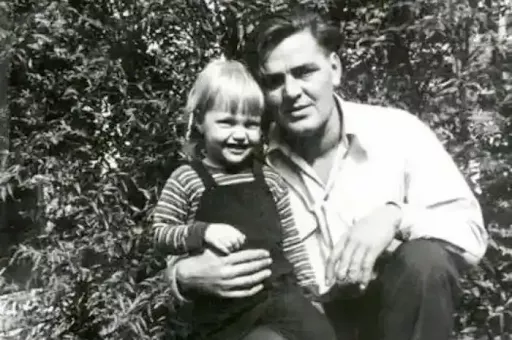
Yet, in her most desperate moment, she met the woman whom she would call the love of her life. Aileen met Tyria Moore in 1986 at a gay bar in Daytona Beach called Zodiac. Wuornos, then 30, was a drifter surviving on prostitution. Moore, then in her mid-20s, was working as a motel maid. Aileen and Tyria almost immediately bonded through shared loneliness and struggles for survival. Not long after this, they fell in love and moved in together. In 1992, during a two-part episode of Dateline titled ‘Damsel of Death’, Moore said:
Continue reading below
“She was a great person, and I did fall in love.”

After Moore quit her job as a motel maid, Wuornos supported them both with whatever she could earn through prostitution. They lived a drifter’s life, constantly moving from one town to another, staying in trailers and roadside motels. Later, during police questioning, Aileen admitted that she felt pressured to hustle harder just to keep them both afloat. The South Florida Sun Sentinel quoted her as saying:
"The only reason I hustled so hard all those years was to support her. I did what I had to do to pay the bills, because I didn't have another choice."
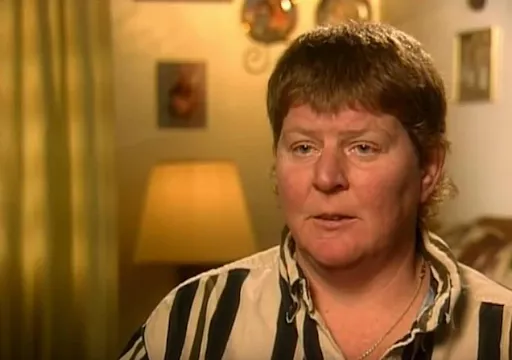
Between 1989 and 1990, while the couple had been living together, Aileen murdered seven men across Florida, which earned her infamous nicknames such as the ‘Damsel of Death’ and ‘American Boogeywoman’. All of Wuornos’ victims were clients she met while hitchhiking or doing sex work. She claimed each killing was in self-defence after attempted sexual assaults.
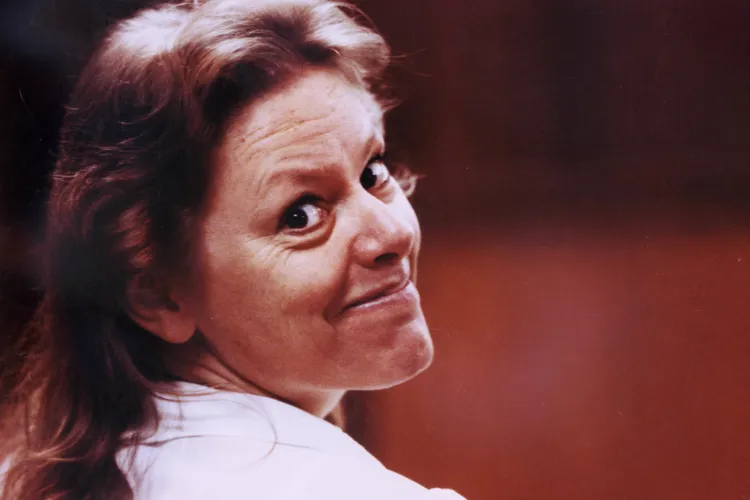
Meanwhile, Tyria said she had no idea what was happening. However, the credibility of this claim remains a question mark, as according to some witness testimonies, they saw not one, but two women driving the victims’ cars. While one of them matched Aileen’s description, the other woman’s identity couldn’t be determined.

Wuornos committed her first known murder in November 1989, while she was still in a relationship with Tyria Moore. Her victim, 51-year-old electronics store owner Richard Mallory, was fatally shot after picking her up in Clearwater, Florida. Following the incident, Wuornos allegedly confessed to the killing to Moore, though the latter allegedly refused to engage in the conversation.
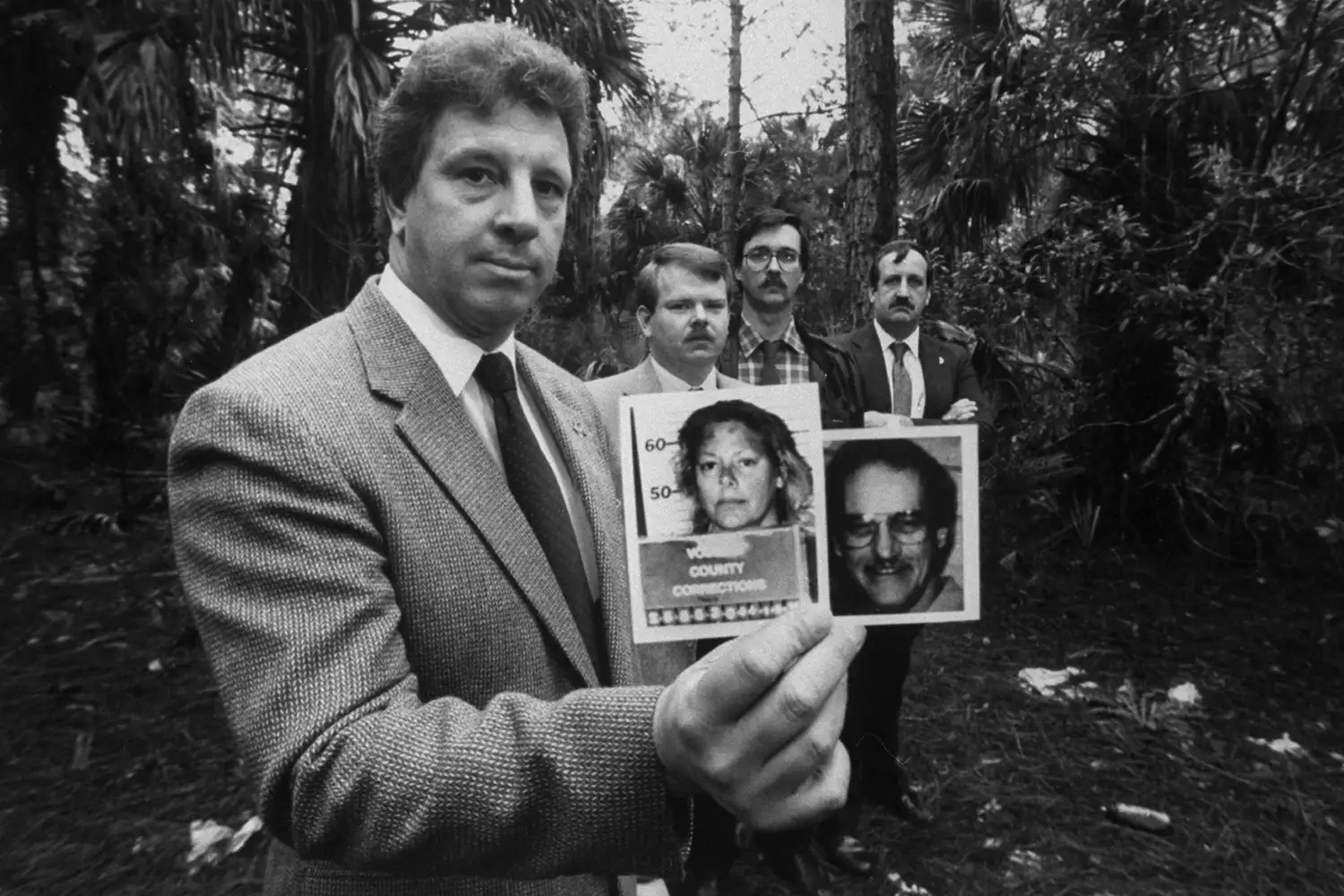
According to The Los Angeles Times, Tyria claimed she tried to avoid any discussion about the murders altogether. By late 1990, she had left Florida and returned to her parents’ home in Ohio. Soon after, police located her as part of their investigation into Wuornos’ crimes.
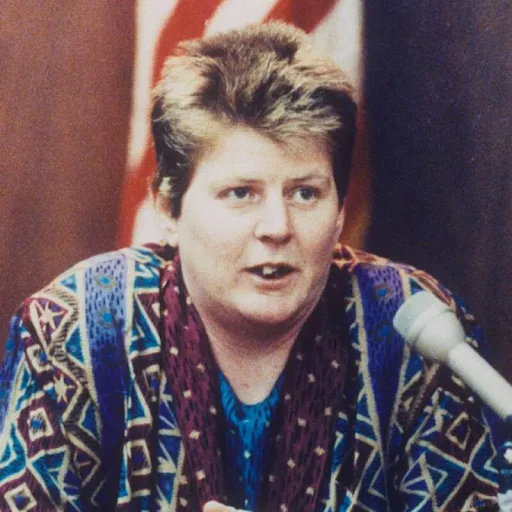
Though they were no longer living together, Aileen was deeply in love with Tyria and was ready to give up anything for her sake. By late 1990, she was America’s most wanted serial killer, and the manhunt led the police to Moore in her Ohio home. They confronted Moore and offered her immunity if she could help secure a confession out of Wuornos.
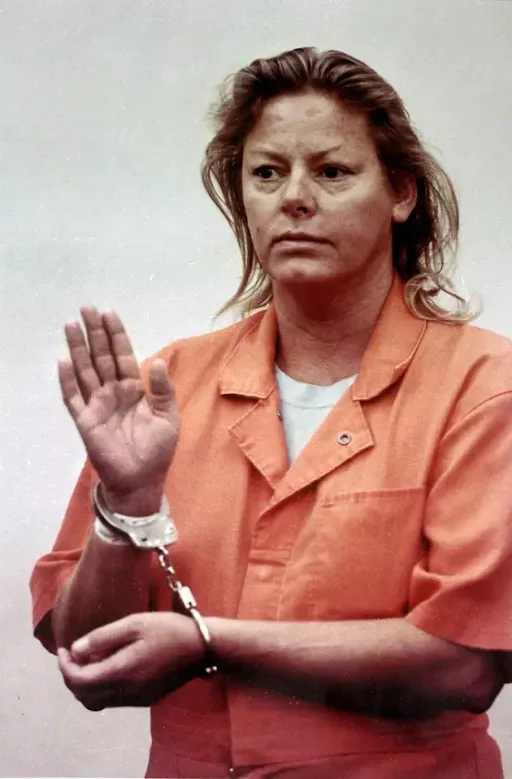
In January 1991, Wuornos was arrested. What followed became one of the most chilling moments in true-crime history. Police set up monitored phone calls between Aileen and Tyria, hoping for the killer to confess. In one such call, which would become the most haunting evidence in the case, Tyria could be heard saying, “Lee, they’re coming after me.” Wuornos broke down and agreed to confess everything to protect the woman she loved, oblivious that she was being taped. She said:
“I’m not gonna let you go to jail, Ty. I love you. If I have to confess everything just to keep you from getting in trouble, I will.”

On January 14, 1992, Aileen Wuornos’ trial began, beginning with the murder of her first known victim, Richard Mallory. During the trial, Tyria Moore took the stand as the prosecution’s star witness, as she recounted the night Wuornos returned from her first murder and admitted what she had done. Moore testified:
“I didn’t believe it. I didn’t want to hear something like that.”
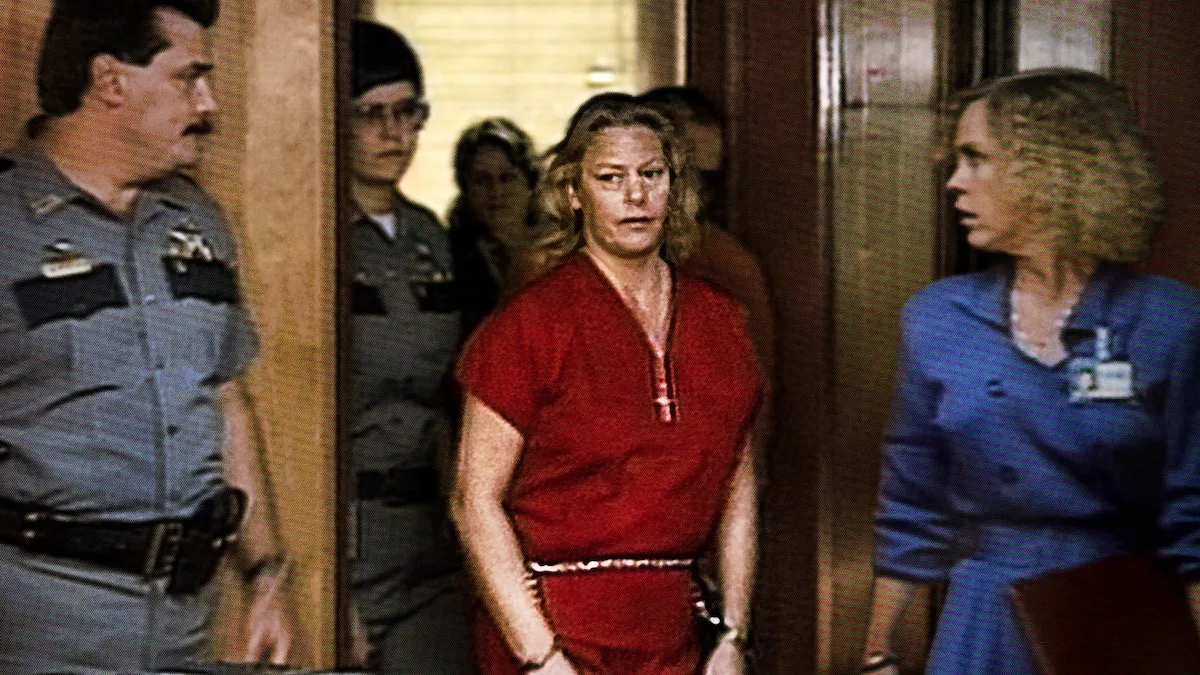
After the trial, Moore vanished from public life. She participated in one 1992 Dateline special, Damsel of Death, but has never granted another major interview. Reports suggest she returned to her quiet life in Cadiz, Ohio, avoiding the spotlight and declining to participate in later projects, including the Oscar-winning 2003 film Monster, where Christina Ricci portrayed a fictionalised version of her. And now, over 30 years later, Netflix’s Aileen: Queen of the Serial Killers revisits her pivotal role in the case, through never-before-seen jailhouse tapes and archival footage.
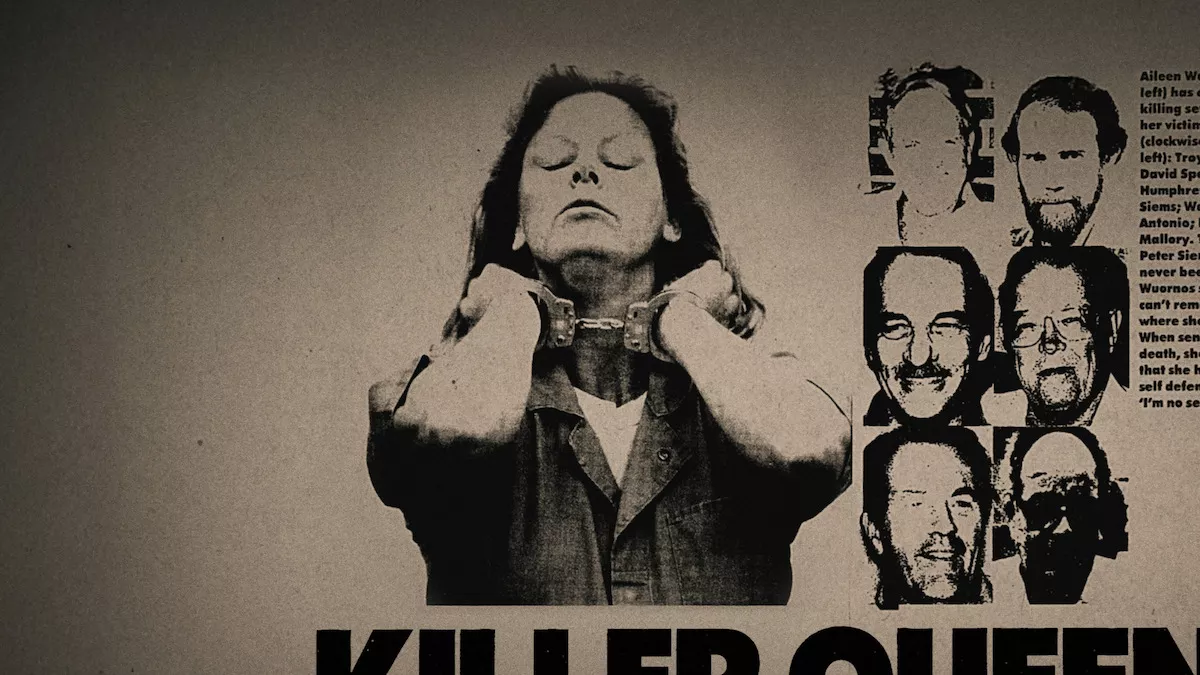
Though Tyria didn’t want to be a part of the Netflix doc, her presence looms large in Wuornos’ final interviews. In an unseen jailhouse recording featured in Netflix’s Aileen: Queen of the Serial Killers, Wuornos, while on her death row, said:
“I loved her so bad. [She’s the] only reason I carried that darn gun. I wanted to make sure that I got home alive, so I’d be another day breathing with her.”

Today, Tyria Moore remains a mystery: neither a villain nor a victim, but a woman forever linked to one of the darkest love stories in American crime history.
Read Next: 'Grey's Anatomy 22' Episode 4: 'Meredith Grey's' Old Friend Returns But Much To Her Disapproval
advertisement
advertisement
advertisement
